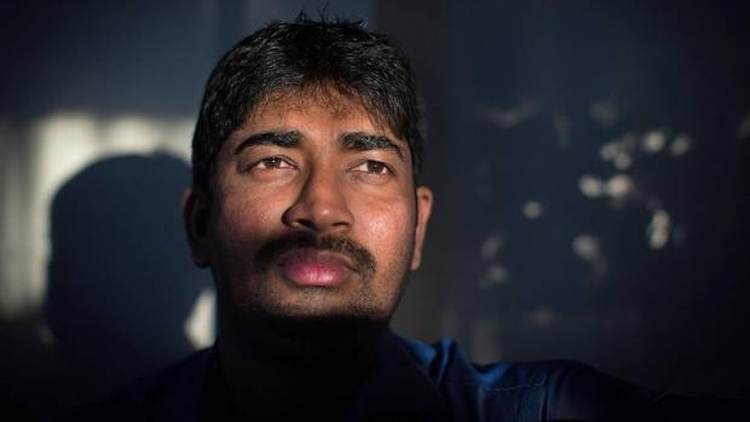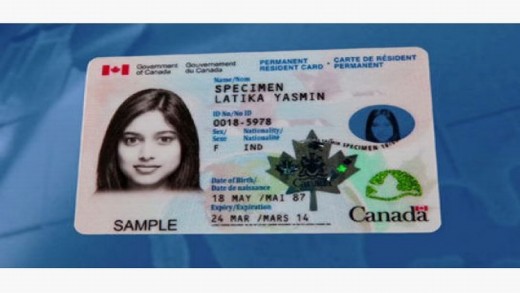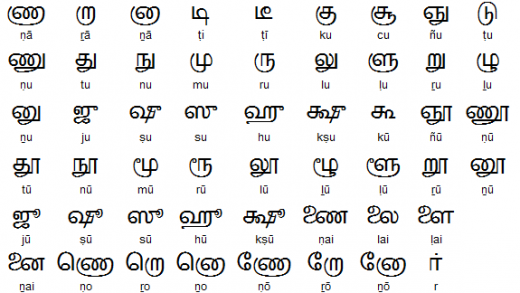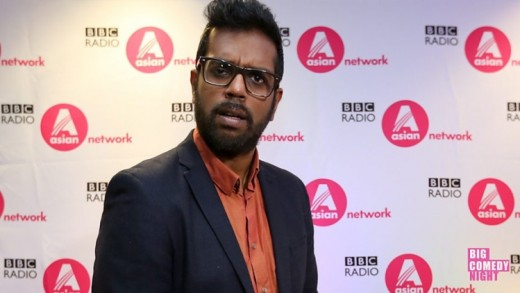Suren Karththikesu remembers the cheers when migrants on board the MV Sun Sea first spotted the Canadian flag. The 492 Sri Lankan Tamils had been at sea for three months, on a dangerous voyage across the Pacific Ocean. The flag, hung from a navy vessel that would help escort the Sun Sea to the British Columbia shore five years ago this week, offered the passengers new lives away from the civil war that had ravaged their home country.
Like migrants in northern France attempting to jump on trucks or trains to Britain, or others trying to make it across the Mediterranean, the passengers on board the Sun Sea faced immense risk. But, refugee advocates say, Canada was about to undergo a dramatic shift in its treatment of asylum-seekers. They suggest the federal government’s response to the Sun Sea marked a transition that has tarnished Canada’s reputation as a leader in refugee protection.
Before the Sun Sea had even arrived, the Canada Border Services Agency was planning a “more aggressive approach” than it had with another migrant vessel the previous year “to create a deterrent for future arrivals,” according to an internal document. Many of the Sun Sea passengers were held in custody for months. But, for all the worries that the migrants were somehow illegitimate or “bogus” refugees, of those who have had their cases decided, nearly two-thirds were approved as refugees.
The Conservative government says its measures after the ship’s arrival – including the passage of a human-smuggling bill – have been “an overwhelming success.” Jason Kenney, who was immigration minister when the Sun Sea arrived, says Canada could not sit idly by while migrants risked their lives to get here.
Mr. Kenney, now the Minister of National Defence as well as Minister for Multiculturalism, says claims that Canada has lost its international standing on refugee protection are “unmitigated rubbish.”
No migrant ships have arrived in this country since the Sun Sea.
Several cases involving refugee policy have made their way to the courts in recent years, with the Supreme Court of Canada expected to rule soon on what constitutes human smuggling.
Mr. Karththikesu has just finished a restaurant shift and sits at a friend’s home in the suburb of Burnaby. He’s not unused to interviews – he was a journalist in Sri Lanka, and therein lies the problem.
Mr. Karththikesu worked as a reporter and photographer for a newspaper that Canadian officials have argued was linked to the Liberation Tigers of Tamil Eelam (LTTE) – which lost the Sri Lankan civil war in 2009 and has been banned in Canada as a terrorist group. Mr. Karththikesu has denied the publication was run by the LTTE or that he was a member.
Gabriel Chand, Mr. Karththikesu’s lawyer, in a separate interview said his client supported the Tamil people, not the LTTE, by writing about the poor conditions they were suffering through. Mr. Karththikesu was badly injured in a government shell attack while reporting in 2009 and Mr. Chand said he “should be a hero.”
An October, 2012 letter by Reporters Without Borders said Mr. Karththikesu was a “dedicated” journalist who helped shed light on a humanitarian disaster in areas that were inaccessible for international media. The organization said he should be granted asylum. An April, 2012, letter by Journalists for Democracy in Sri Lanka recommended the same, and described the situation for Tamil journalists – who could be subjected to harassment or physical violence – as dangerous.
Mr. Karththikesu said he was held in custody for about six months after he arrived in Canada. But, at a hearing to determine if he was admissible to the country long term, the government ultimately succeeded in its claim that he was a member of the LTTE. He was ordered deported in 2013.
Mr. Karththikesu, despite being deemed inadmissible, has applied to remain in the country on the grounds that his presence is not detrimental to the national interest. He has not yet received a response. Mr. Chand said such applications can long go unanswered – he has a client who filed one in 1994 and has still not heard back.
For now, Mr. Karththikesu lives in a state of limbo. He was surprised he had to spend any time behind bars for fleeing a dangerous situation back home. He believes he will be killed if he is returned to Sri Lanka.
“I’m living in a bright place under a shadow,” he said through a translator.
Of the 364 Sun Sea passengers whose refugee claims had been decided by July 22 of this year, the Immigration and Refugee Board said 228 people had been accepted, a rate of 63 per cent.

 Tamil Culture
Tamil Culture









